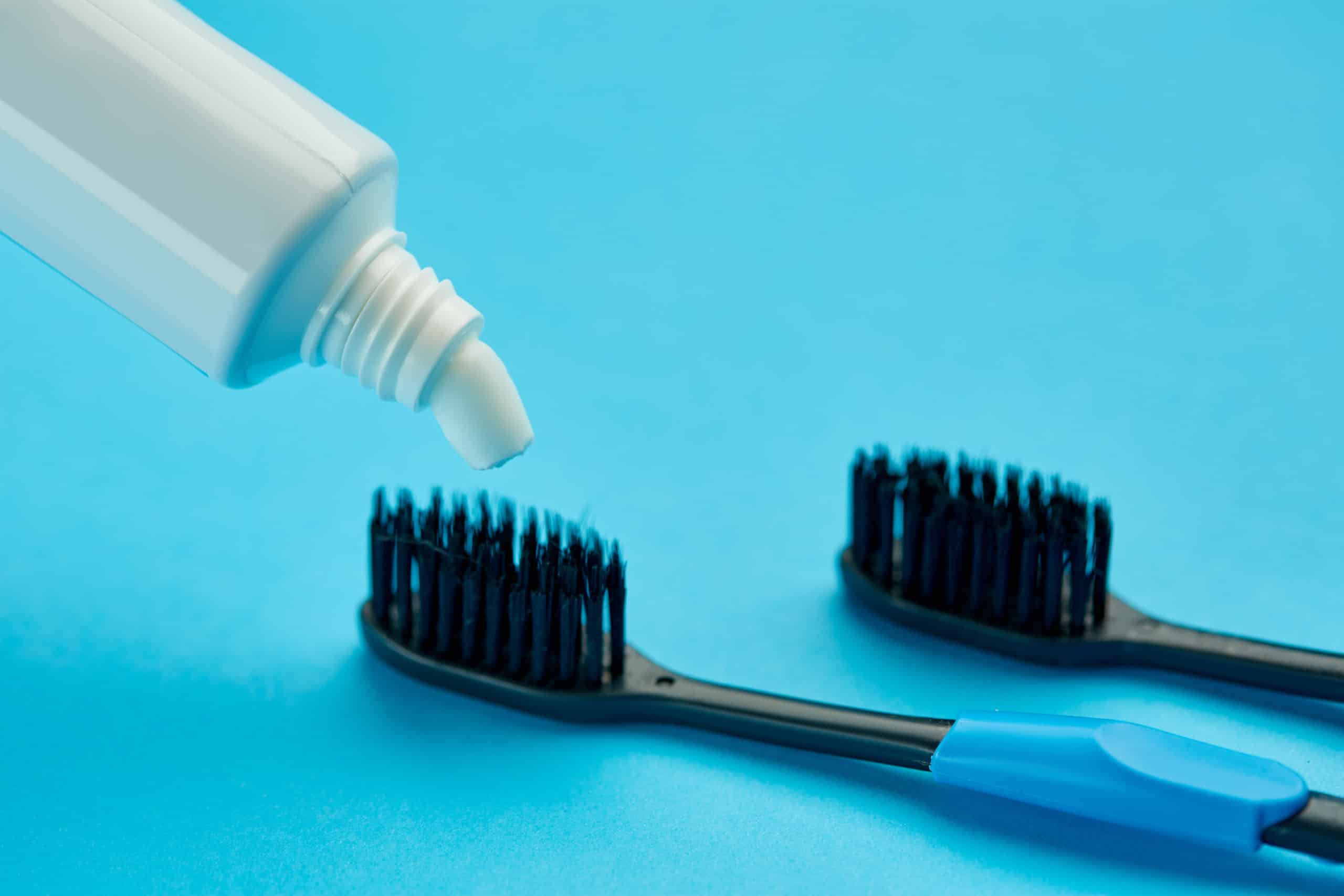Do teeth need fluoride?
Fluoride is nature’s cavity fighter and occurs naturally in varying amounts in water sources. Fluoride helps prevent tooth decay by making teeth more resistant to acid attacks from plaque bacteria and sugars in the mouth. To help protect teeth from cavities, fluoride is also added to some dental products such as toothpaste or mouthwash.
Fluoride Benefits all ages:
Fluoride is specifically important for infants and children between the ages of 6 months and 16 years old to be exposed to fluoride. Before teeth break through the gums, the fluoride taken in from foods, beverages, and dietary supplements makes tooth enamel stronger, making it easier to resist tooth decay. After teeth erupt, fluoride helps rebuild (remineralize) weakened tooth enamel and reverses early signs of tooth decay.
Fluoride is still very important to continue to use it as an adult. As you get older, you become more susceptible to certain dental conditions, such as gum disease or tooth and root decay. Fluoride treatments can help strengthen and protect teeth, preventing the need for invasive and expensive procedures in the future.
What Forms of Fluoride are Available?
Fluoride is found in foods and in water. It can also be directly applied to the teeth through fluoridated toothpastes and mouth rinses. A dentist can also apply fluoride to the teeth with a gel. These treatments contain a much higher level of fluoride than the amount found in toothpastes and mouth rinses.

Are There Risks With Fluoride?
Fluoride is safe and effective when used as directed but can be hazardous at high doses (the “toxic” dosage level varies based on an individual’s weight). However, it’s very difficult to reach hazardous levels given the low levels of fluoride in home-based fluoride-containing products.
It’s important for parents to carefully supervise their children’s use of fluoride-containing products and to keep fluoride products out of reach of children, especially children under the age of 6. Excess fluoride can cause defects in the tooth’s enamel that range from barely noticeable white specks or streaks to cosmetically objectionable brown discoloration. These defects are known as fluorosis and occur when the teeth are forming, usually in children younger than 6 years. Fluorosis is usually associated with naturally occurring fluoride, such as that found in well water. If you use well water and are uncertain about the mineral content, a water sample should be tested. Although tooth staining from fluorosis cannot be removed with normal hygiene, your dentist may be able to lighten or remove these stains with professional-strength abrasives or bleaches.
If you do have concerns or questions about the amount of fluoride you or your child may be receiving, talk to your child’s dentist, pediatrician, or family doctor. Fluoride is a great way to keep on top of your general oral hygiene routine.





